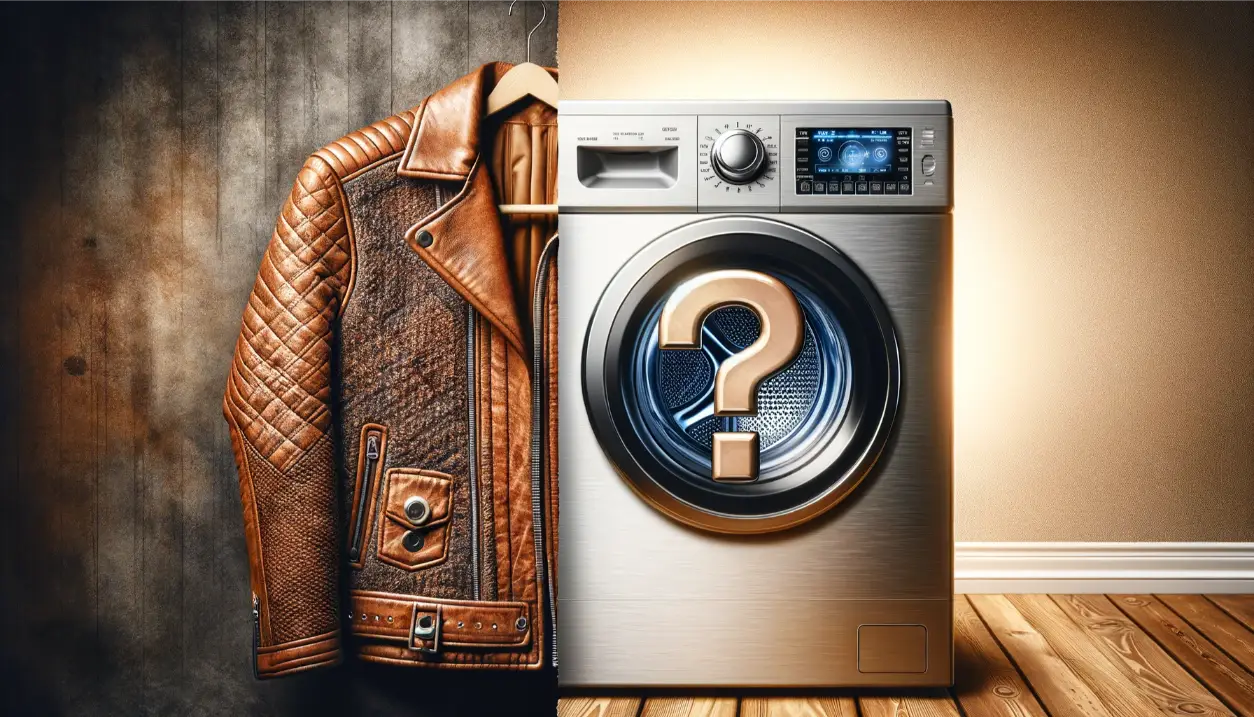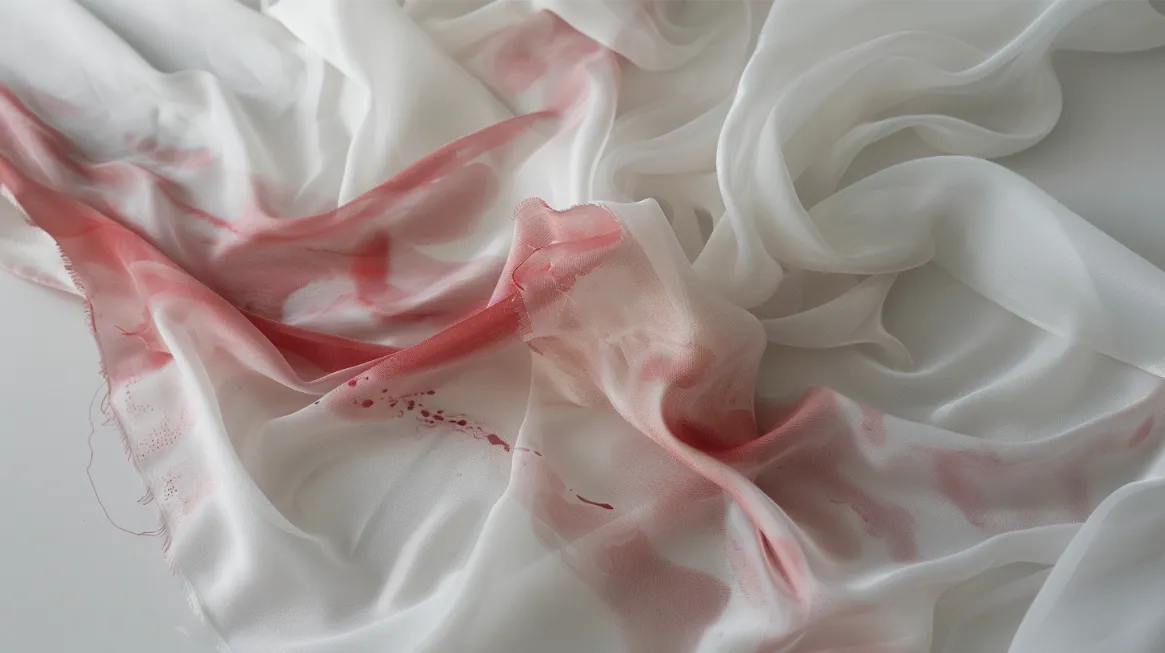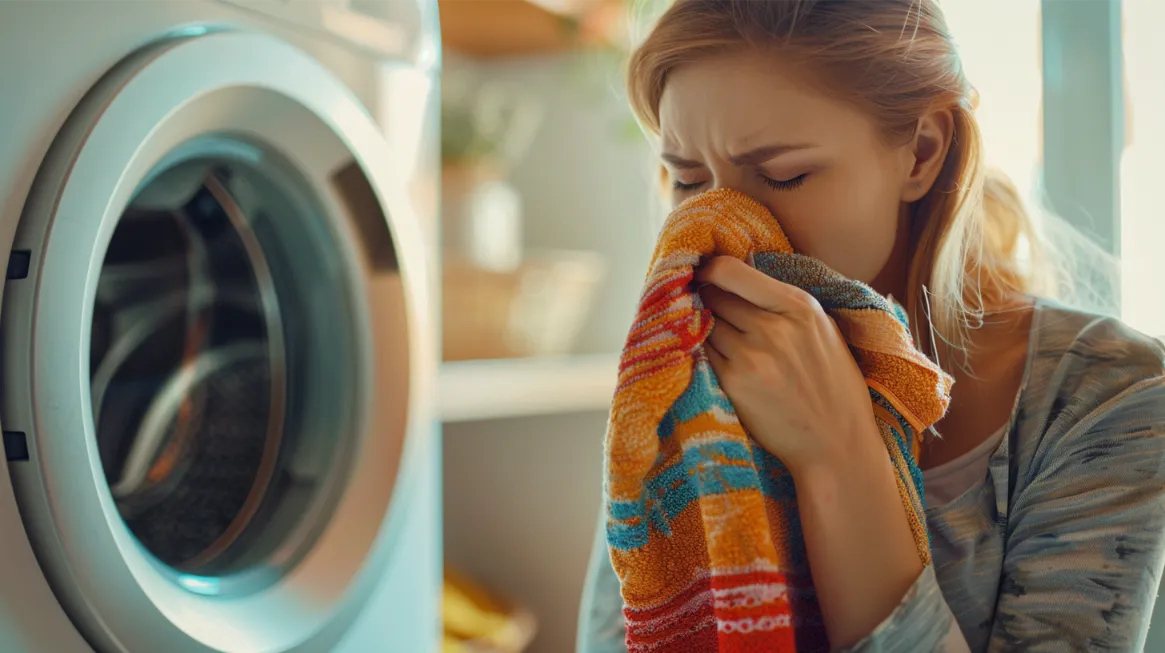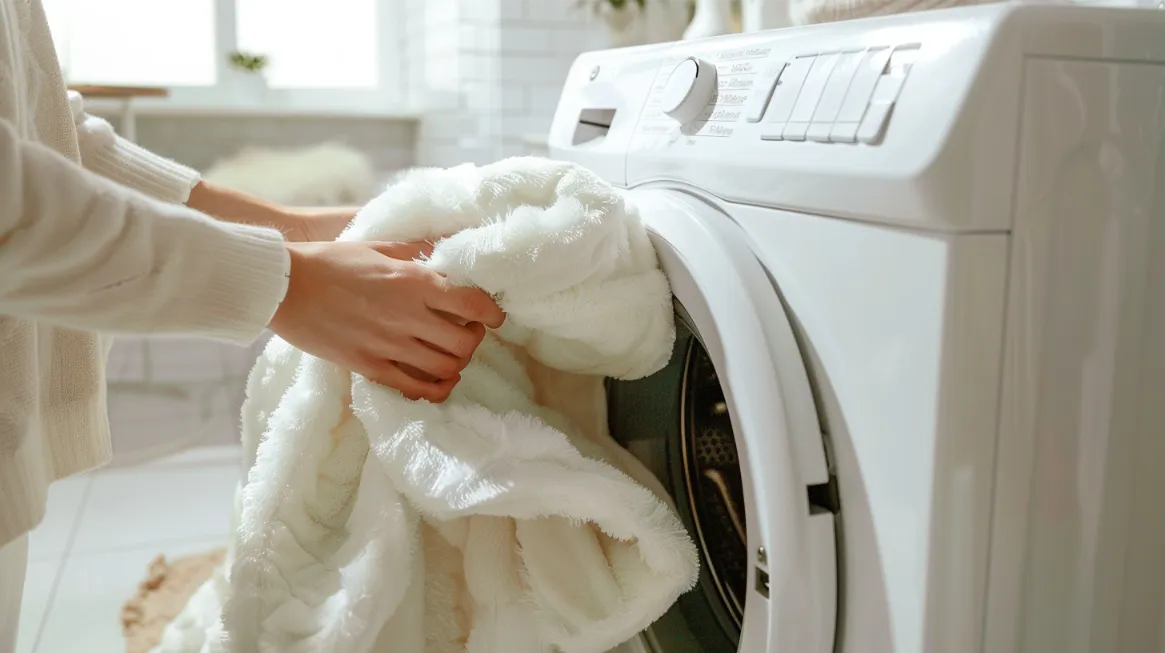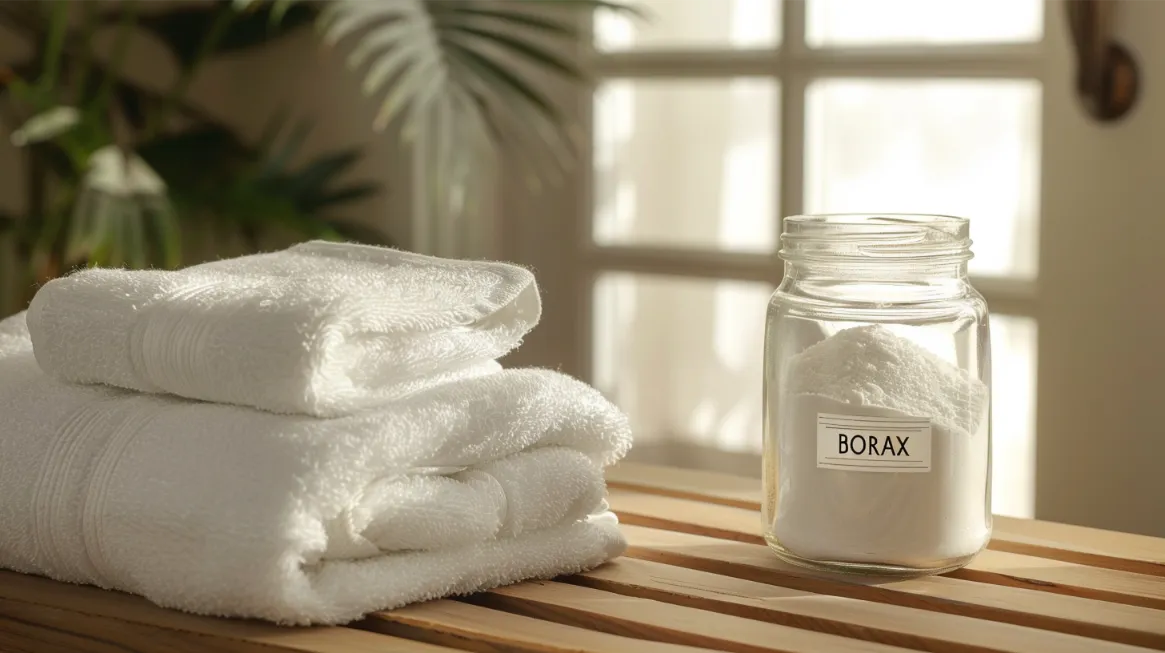When washing white clothing, the choice between hot or cold water can be a source of confusion. Many factors come into play, such as the type of fabric, the level of stains, and the environmental impact.
This article will reveal expert advice on this dilemma, providing insights on when to use hot water for stain removal and cold water for fabric preservation. We will also explore the importance of checking garment care labels for recommended water temperatures and offer practical tips on laundry practices, detergent selection, and water temperature considerations.
So, how do you wash whites? Let’s uncover the expert advice to help you make the right decision.
Key Takeaways
- Garment care labels provide recommendations on water temperature for washing whites.
- Hot water removes tough stains and whitens fabrics, while cold water preserves fabric quality.
- Washing whites in hot water helps eliminate stubborn odors and ensures a hygienic clean.
- Cold water is gentle on delicate fabrics and reduces the risk of shrinkage and fading.
Garment Care Label Recommendations
Garment care labels provide valuable instructions regarding the appropriate water temperature for washing whites. These labels are crucial in ensuring effective cleaning while preventing fabric damage. By following the specific instructions provided on fabric care labels, individuals can maintain the quality and longevity of their white garments.
One important aspect to consider is the water temperature. Hot water is often recommended for washing whites as it aids in removing stains and dirt effectively. However, checking the fabric care label for specific instructions is essential. Some fabrics may require cold water to prevent color fading or shrinking.
Detergent manufacturers also take water temperature into account when formulating their products. They adjust their formulas to perform optimally under specific water temperature conditions. For instance, coldwater detergents enhance cleaning results when used in warm water. This allows individuals to clean while conserving energy using lower water temperatures effectively.
Washing Whites in Hot Water
When effectively removing tough stains and killing bacteria on white garments, washing them in hot water is highly recommended. Hot water helps to break down and remove tough stains more effectively than cold water. It aids in dissolving detergent better, allowing for a more thorough cleaning process.
In addition to stain removal, hot water is ideal for whitening fabrics and removing any discoloration or yellowing that may have occurred over time. The heat of the water helps to break down and remove any built-up dirt and grime, resulting in brighter and whiter laundry.
Furthermore, washing whites in hot water can help eliminate stubborn odors that may be trapped in the fibers. The high temperature of the water helps to kill bacteria and germs present on the fabrics, ensuring a more hygienic clean.
Washing Whites in Cold Water
Washing whites in cold water offers several benefits for preserving fabric quality and reducing the risk of damage. Cold water helps to maintain fabric color and prevent fading, making it an ideal choice for washing white garments. Additionally, cold water reduces the risk of shrinkage, especially for natural fibers like cotton. Unlike hot water, cold water does not cause the fibers to contract.
Not only is washing whites in cold water beneficial for fabric care, but it is also an energy-efficient option. Cold water does not require as much electricity to heat, making it a more environmentally friendly choice. Cold water can reduce energy consumption and contribute to a greener lifestyle.
Furthermore, cold water is gentle on delicate fabrics such as lace, silk, and wool. These fabrics can be easily damaged or distorted when exposed to hot water. By opting for cold water, you can ensure that your delicate garments remain in excellent condition.
Washing White Clothes in a Washing Machine
To effectively clean white clothes in a washing machine, it is important to consider the recommended water temperature and separate garments accordingly. Check the garment care labels to determine the recommended water temperature for washing white clothes. Some whites may require hot water, while others may be suitable for cold water. Separating whites based on the required temperatures helps prevent color bleeding and ensures effective cleaning.
When washing white clothes, adjust the washing machine settings to use the warmest water appropriate for the fabric. This helps to maintain the fabric integrity while still providing effective cleaning. However, it is important to note that heavily stained white items may require specific machine settings to ensure thorough cleaning. Following fabric care instructions is crucial as it allows you to customize the water temperature setting for different white garments.
Using the correct water temperature is essential for removing stains and ensuring the longevity of your white clothes. Hot water effectively removes tough stains, while cold water is suitable for delicate fabrics that may shrink or lose shape with hot water. Additionally, using a quality detergent specifically designed for white clothes can help enhance the cleaning process and maintain the brightness of your whites.
Pre-treating Stains With the Correct Water Temperature
For optimal stain removal and garment care, it is important to pre-treat stains with the appropriate water temperature. Here are some key points to consider when pre-treating stains with hot or cold water:
- Hot water: Using hot water for pre-treating stains can be highly effective, particularly for heavy stains. The heat helps to break down tough stains and oils more effectively, increasing the chances of successful stain removal. Hot water is especially beneficial for white garments prone to discoloration or yellowing.
- Cold water: On the other hand, pre-treating stains with cold water suits delicate fabrics and sensitive garments. Cold water is gentle and helps to prevent damage to these fabrics, ensuring their longevity. It is ideal for pre-treating stains on silk, wool, or other sensitive materials.
- Correct water temperature: Using the correct water temperature for pre-treating stains is crucial for maximum effectiveness. You can enhance the overall washing results by matching the water temperature to the nature of the stain and fabric. This ensures that stains are properly treated without compromising the quality of the garment.
Frequently Asked Questions
Should You Wash Whites in Hot or Cold Water?
To determine whether to wash whites in hot or cold water, consider the fabric type, level of staining, and care label instructions. Hot water removes stains, while cold water helps preserve color and fabric integrity. Follow expert advice for optimal results.
Is It Better to Wash Clothes in Hot or Cold Water With Bleach?
When washing clothes with bleach, it is generally more effective to use hot water. Hot water enhances bleach’s cleaning power and disinfects properties, removing tough stains and killing bacteria.
What Temperature Do You Wash Whites and Towels?
The temperature you wash whites and towels depends on the fabric care labels. Hot water effectively removes stains, while cold water is suitable for delicate items. Following specific temperature recommendations ensures optimal cleaning and maintenance.
What Setting Is Best for a White Wash?
The best setting for a whitewash depends on the specific needs of the garments. Consider stain severity, fabric color preservation, and shrinkage reduction. Following garment care labels and adjusting washing machine settings will yield optimal results.


